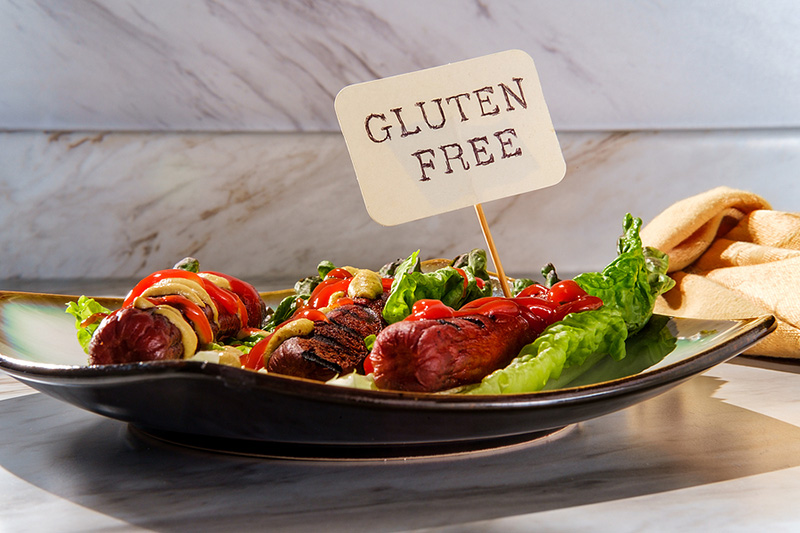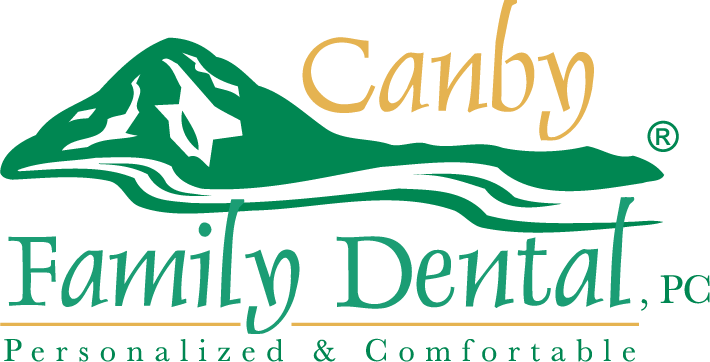
Gluten-free diets have taken a spotlight in recent years for many reasons. You might have noticed articles focused on these diets, with responses ranging from praise to harsh criticism. While we can’t speak to the diet’s overall merits, we can dig into how a gluten-free diet can affect your oral health.
How Diets Affect Oral Health
First, it’s no secret that what you eat or don’t eat affects your dental health. Teeth benefit from all the same nutrients that your body does, but Vitamins C & D, antioxidants & calcium are especially good for maintaining strong teeth. All of that comes from food, so your diet is very important.
Why Eat Gluten-Free
While some people simply feel healthier on diets without gluten, others turn to gluten-free diets to escape symptoms from gluten intolerance or allergies. The most extreme reactions to gluten come from celiac disease, including those that affect your dental health. The following information pertains mostly to people with celiac as there is currently no link between poor dental health & gluten consumption for people who do not have the disease.
What Is Celiac Disease?
Celiac disease is an autoimmune disease in which the body cannot properly absorb the gluten protein, resulting in a blockage of nutrient absorption. People with celiac disease who eat gluten experience symptoms that range from uncomfortable to extremely painful. While avoiding those symptoms is an extremely good reason to follow a gluten-free diet, avoiding gluten can also keep your teeth stronger & your mouth overall healthier for people with celiac disease.
How Does Celiac Disease Affect Oral Health?
When your body doesn’t absorb the nutrients that are responsible for remineralizing teeth, your enamel weakens, resulting in decay, tooth discoloration & more. In fact, cavities are so common in gluten-sensitive people that it’s often a missed sign of celiac disease. However, there are many causes of cavities so it’s impossible to diagnose celiac based solely on the presence of cavities.
Additionally, people with celiac disease who consume gluten often experience inflammation. Bad for all parts of the body, inflammation can cause swelling & tenderness in the gums & ultimately gum disease.
Choose a Diet That Works for Your Health
Eating gluten-free is certainly good for your teeth if you have celiac disease, but remember that each diet works differently for each person. Thankfully, your dentist knows what foods are good & bad for your teeth, so if you have questions, don’t hesitate to ask!
